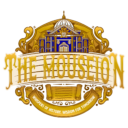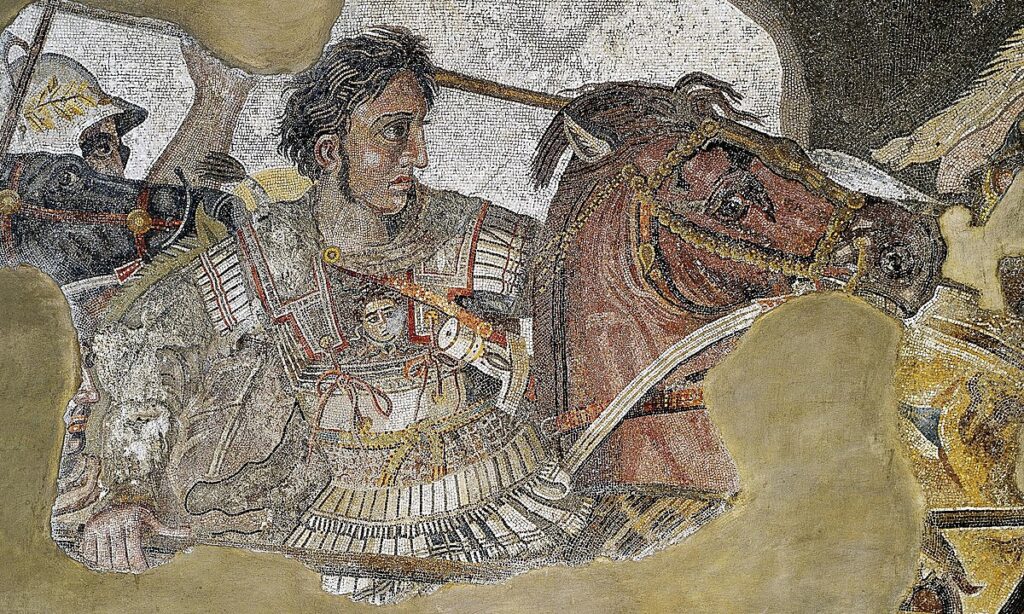Alexander the Great, one of history’s most renowned military strategists and empire builders, was born in 356 BCE in Pella, the ancient capital of Macedonia. His life, marked by extraordinary achievements and profound influence, reshaped the ancient world and left an indelible mark on history.
Alexander was the son of King Philip II of Macedonia and Queen Olympias. His education was entrusted to the philosopher Aristotle, who instilled in him a deep appreciation for Greek culture, philosophy, and science. This education played a crucial role in shaping Alexander’s worldview and ambitions.
Ascending to the throne at the age of 20 after his father’s assassination in 336 BCE, Alexander swiftly consolidated his power. His early reign was marked by efforts to unify Greece, which had been fragmented and rebellious. By 334 BCE, Alexander embarked on his ambitious campaign against the Persian Empire, setting the stage for a series of conquests that would alter the course of history.
Alexander’s military genius was evident in his innovative tactics and strategic prowess. At the Battle of Granicus in 334 BCE, he secured a decisive victory over the Persians, followed by the famous Battle of Issus in 333 BCE, where he defeated King Darius III. His conquest of Egypt was marked by his founding of the city of Alexandria, which would become a major center of culture and learning.
Perhaps Alexander’s most significant military achievement was the Battle of Gaugamela in 331 BCE. This victory effectively dismantled Persian resistance and solidified Alexander’s control over the vast Persian Empire. His relentless pursuit of conquest led him further east, into the Indian subcontinent, where he faced the formidable forces of King Porus at the Battle of the Hydaspes in 326 BCE.
Despite his remarkable successes, Alexander’s campaign was not without challenges. His troops, weary from years of relentless campaigning and yearning to return home, became increasingly discontent. After the Battle of the Hydaspes, Alexander’s march into India was halted by his soldiers’ refusal to proceed further.
Alexander’s vision extended beyond military conquest. He sought to integrate the cultures of the lands he conquered, encouraging intermarriage between Macedonians and locals and adopting elements of Persian dress and customs. This policy of fusion aimed to create a unified empire under his rule, blending Greek and Eastern cultures.
In 323 BCE, at the age of 32, Alexander died in the palace of Nebuchadnezzar II in Babylon under mysterious circumstances. His death left his empire in turmoil. The vast territories he had conquered were divided among his generals, leading to the formation of several Hellenistic kingdoms.
Alexander’s legacy is immense. His conquests spread Greek culture across three continents, leading to the Hellenistic period—a time of significant cultural exchange and development. Cities he founded, such as Alexandria, became centers of learning and culture, influencing the course of Western civilization.
Alexander the Great remains a towering figure in history, remembered for his military brilliance, visionary leadership, and the lasting impact of his conquests. His life exemplifies the power of ambition and vision in shaping the world, leaving a legacy that continues to captivate and inspire.

